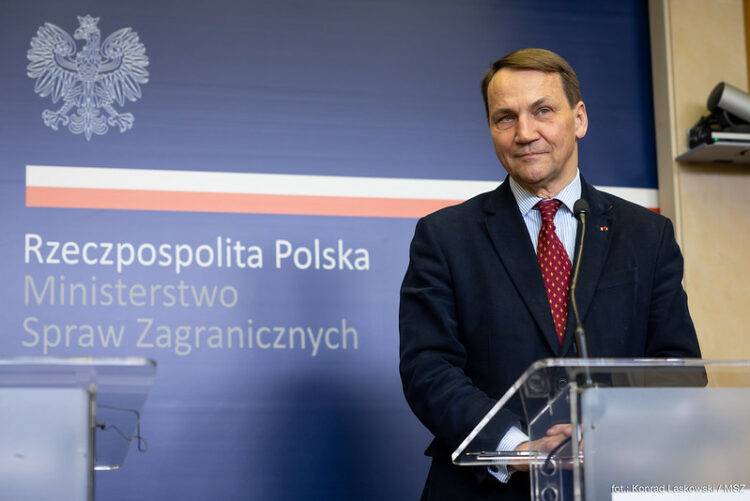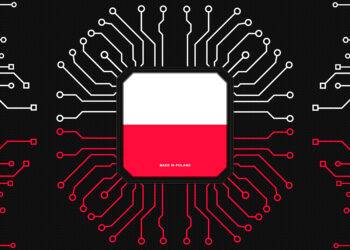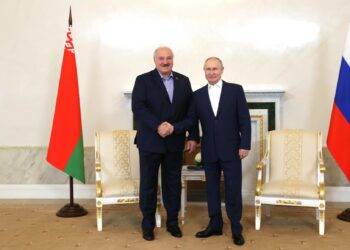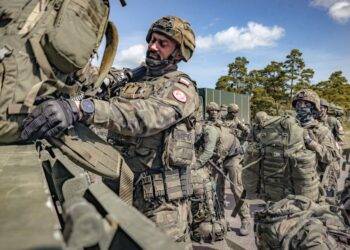In a bold response to Vladimir Putin’s recent interview with American commentator Tucker Carlson, Radosław Sikorski, the Polish Foreign Minister, has firmly rebutted the Russian President’s claims.
Putin, in the interview, once again blamed Poland, which was attacked by the USSR on September 17, 1939, for the outbreak of World War II. This narrative is part of a broader pattern of Putin’s attempts to rewrite historical events, including justifying Russia’s 2022 aggression towards Ukraine with paranoid, pseudo-historical reasoning. Sikorski’s reaction was particularly aimed at the shocking facilitation of these claims by an American journalist, known for his pro-Russian and pro-Putin views.
During the interview, Putin stated that Moscow has no interest in invading “Poland, Latvia, or anywhere else” and discussed the causes of World War II. He inaccurately claimed that Poland had collaborated with Hitler before the war, citing a non-aggression pact signed between Poland and Germany on January 26, 1934, as evidence of this collaboration. However, this pact was an attempt by Poland to safeguard its independence, not an act of collaboration. It was part of Poland’s policy of equal distance, initiated by Józef Piłsudski, to mitigate threats from both Germany and the USSR by maintaining good relations with both neighbors.
- Follow us on X (Twitter) to stay up to date with News from Poland.
Furthermore, Putin’s narrative omits the crucial fact that the real catalyst for World War II was the Molotov-Ribbentrop Pact, signed on August 23, 1939, by Germany and the USSR. This agreement, which included a secret protocol to divide Central and Eastern Europe between the two totalitarian regimes, directly led to the German invasion of Poland.
Sikorski’s response underscores the distortion of historical facts by the Russian narrative, especially prevalent in social media following Russia’s full-scale invasion of Ukraine in February 2022. According to this narrative, Poland’s non-aggression pact with Germany was a precursor to the war, and Poland, as the “hyena of Europe,” could potentially trigger another conflict, dragging NATO countries into it.
The Polish Foreign Minister’s rebuttal is a clear stand against the misuse of history for political propaganda, emphasizing Poland’s strategic diplomatic efforts in the 1930s to prepare for and possibly prevent war. Sikorski’s engagement with Putin’s controversial statements not only defends Poland’s historical record but also highlights the ongoing struggle against misinformation and historical revisionism.


















